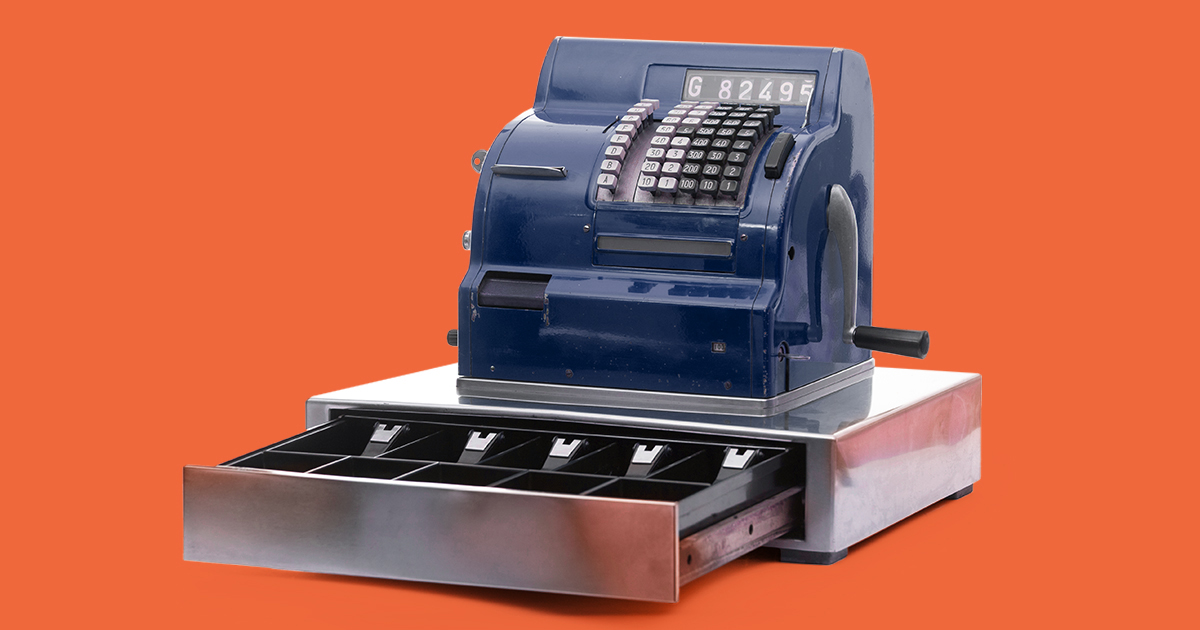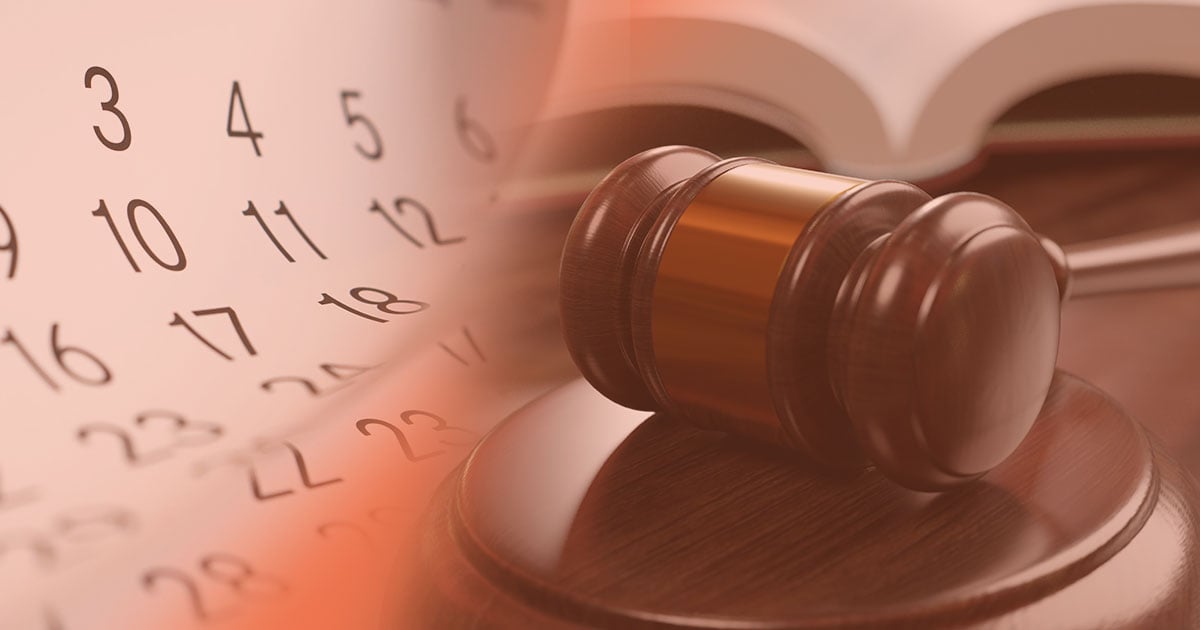The last two years have been tough on everyone’s pockets. Businesses and individuals alike are seeing the financial impact of the COVID-19 pandemic, and for many, it has resulted in bad debts that need to be managed. Whether you are the lender, or the borrower, lockdown and Coronavirus have changed things when it comes to how we can handle debt and debt collection.
So, what do you do if you find yourself on either side of debt? Many of us are trying to find out how we can stay ahead of bad debt and manage existing debt that we may already have. If you would like some thoughts on managing debt, keep reading.
Managing personal debt during lockdown
Bad debt is not a pleasant thing to have hanging over your head, and it is best to manage it quickly and efficiently if you can. If you feel that your debt is beyond what you can handle, it is best to call in the professionals and look at debt counselling. Always remember it is better to ask for help early on than to sink further into debt.
There are a few things that you can do to manage your debt or debt collection during these lockdown periods
- Add up all your debts so you can see the total
- Know your debt details – loan terms and credit card terms
- Prioritise your repayments- start with those that have the highest interest rates or are overdue
- Approach your lenders about adjusted payment plans or longer loan periods
- Consider refinancing – many lenders offer the option to refinance debts at a lower interest rate
- Consider cashing in backup options such as investments or policies
- Approach a company for credit counselling courses
In debt due to coronavirus
Many lenders offered payment breaks at the beginning of lockdown, but once lockdown became an unending circle, most began to call for payment again. While some companies have returned to business as usual, many have felt the pinch of no increase and face another year with little or no year-end bonuses.
Unfortunately, while salaries may have stood still, everything else has still increased. The weekly grocery shop is steadily increasing, and we all need to eat. This means that many of us will take loans, buy on credit, and try every possible way to make sure that we manage to afford our lifestyles.
As small or medium business owners, loans were taken to pay staff and keep companies going. Many of these businesses then could not work for extended periods, and without money coming back in, there was no way to make the repayments. Alternatively, there was a grace period on repayments and now they have started up and your company is just getting back on its feet.
How to prevent debt in lockdown
Preventing debt, especially during the lockdown and pandemic can be a tricky business. But there are a few things you can do to ensure that you do not fall further into debt:
- Do not take any new loans – they are not recommended in times of economic uncertainty
- If you have no other options, ensure you have weighed all the pros and cons
- Make sure you understand the interest structure and know the full amount you will be paying
- If you cannot pay the full instalment, ensure you can pay at least the minimum required to maintain your credit rating
Debt collection during a pandemic
The rules and regulations surrounding debt collection in the pandemic remain a bit fuzzy. However, what is clear is that the debt collection process cannot continue as it always has. Unfortunately, this means that as a business, you and your accounting department may need to get creative to collect payments and prevent bottlenecks in your cash flow.
If you are unsure of where to start with the collection of your money, there are a few options that you can try. While they are not all long-term solutions, they may offer you some insight into how you can improve your future debt collections and avoid issues like these going forward.
Communicate
Make sure that you always have open lines of communication with clients and customers. This will allow you to identify those who are vulnerable to doubtful debts and those who are legitimately trying to make their payments but just need some help.
To ensure there is no confusion, keep a record of all communications with clients, and make sure that they are all dated. This way if there is ever a dispute, you are covered.
Make sure that you have up-to-date contact details for all your customers, phone numbers and email addresses where possible. This way you can follow up any phone calls with a quick email confirming what was discussed.
Be flexible
Be open to listening when customers approach you with payment plans that work for them and be flexible in your accounts receivable department. After all, getting some money in is better than getting no money in! Being flexible and adaptable in your services will stand you in good stead until people are in a better financial position.
It is also a good way to retain clients, as they will remember who was willing to help them out when they were most vulnerable. This provides an opportunity to review your processes and restructure your debt collection processes.
Credit applications
Right now may not be the best time to offer credit to new customers if you don’t have to. Allow your current customers to keep their credit limits but consider doing away with it until things settle. In uncertain times it is better to request full or part payment upfront for work or services offered.
If your existing customers are not honouring their payments despite everything, then it may be time to start looking for a debt collection service or contact a lawyer. But make sure that you have followed all the legal processes that are required before you take legal action.
It’s all about the experience
You want to maintain the relationships that you have with your customers. You also want to get your money in, and the best way to do this is to remember your debt collection etiquette. There are a couple of things you can keep in mind during these times when you will find people may be more defensive than normal:
- People are anxious and unsure, and it can make them aggressive
- Have all your facts prepared and remain friendly and professional
- Have a clear strategy for dealing with excuses
- Don’t push, but don’t be a pushover
- Be prepared and be flexible
Stay ahead of bad debt
Times are tough, and sometimes taking that extra loan is all you can do to keep yourself or your business afloat. But if you need to do this, or if you have found yourself in bad debt, it is good to know that there are some options out there that make it a bit less daunting to deal with.
If you are looking for a simple way to recover your debt while still maintaining good customer relationships then we can help. Please feel free to contact us for more information or to book your demo.




